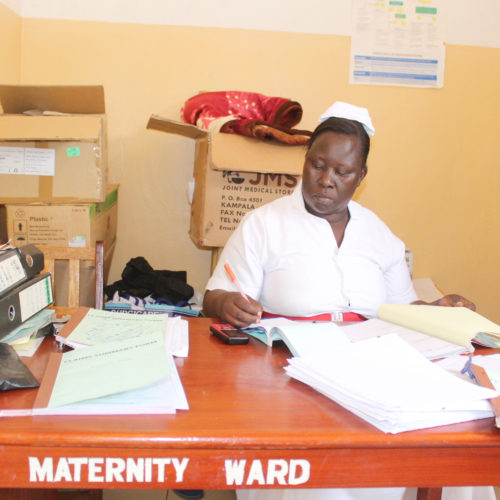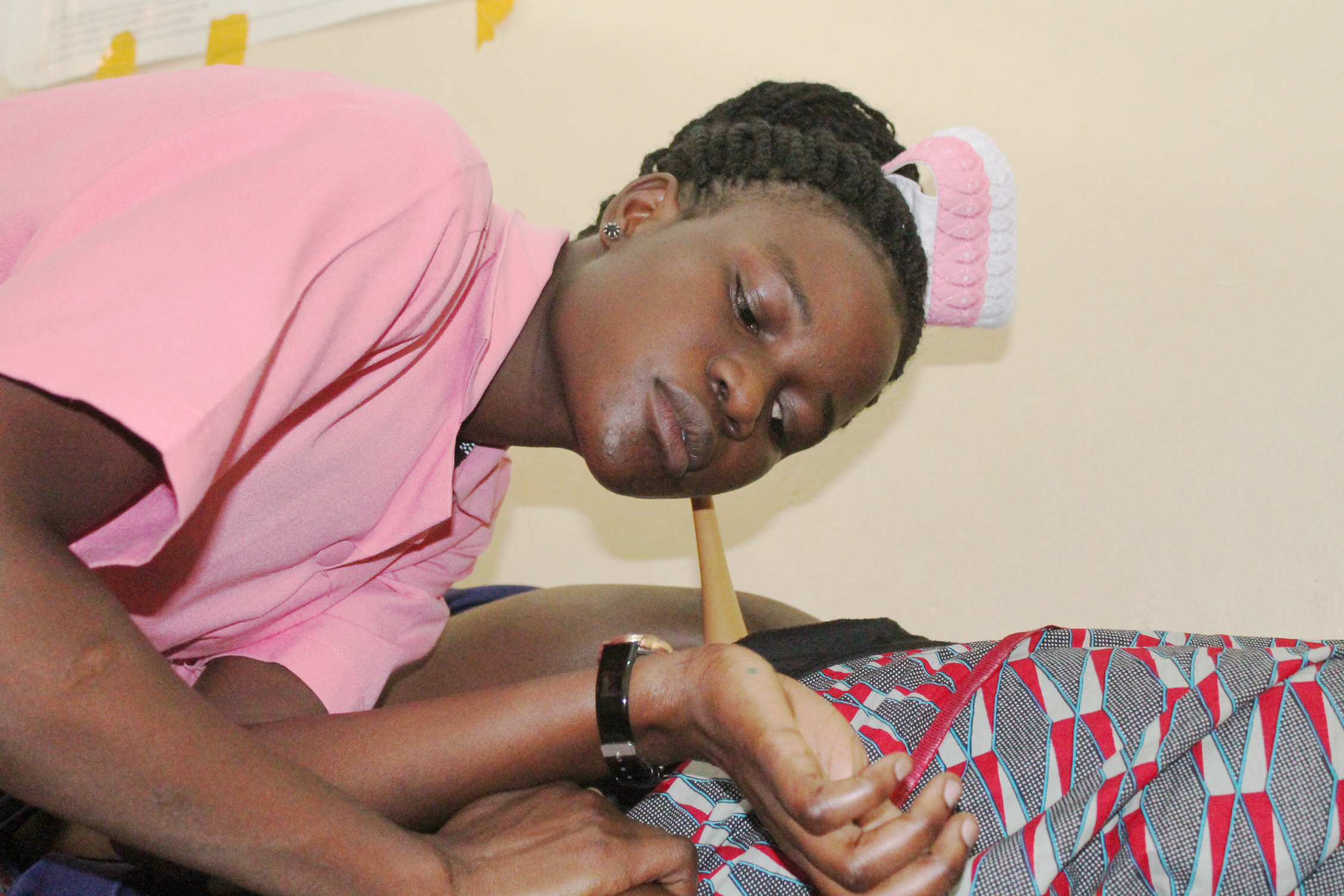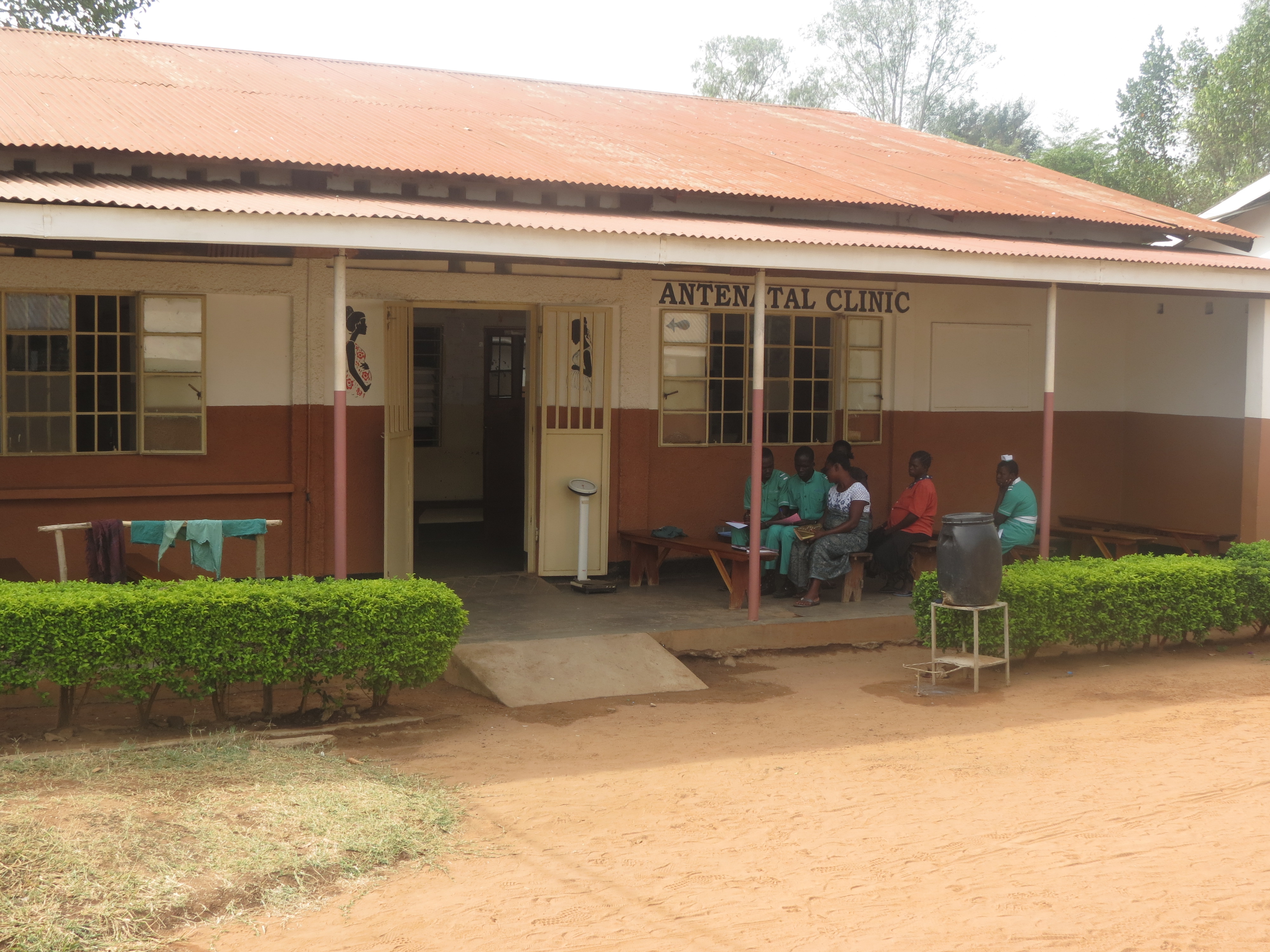
Ante-Natal



Ante-Natal
The antenatal clinic provides comprehensive maternal and reproductive health services to pregnant women attending their first visits and subsequent follow-ups, along with HIV Testing Services (HTS) for male partners. The clinic operates as a specialized facility from Monday to Friday (8:00am – 5:00pm).
Key services offered included:
- Antenatal care (ANC).
- Screening and testing for HIV and sexually transmitted infections (STIs).
- Health Education.
- Family planning (counselling, referrals, and linkages).
- Prevention of mother-to-child transmission of HIV (eMTCT).
- Early Infant Diagnosis (EID).
- Gender-based violence (GBV) screening.
In FY 2023/24, the hospital recorded 3,740 antenatal care (ANC) visits, with 791 for the 1st ANC visit and 508 for the 4th.
During the financial year, 319 male partners accompanied their spouses for antenatal care (ANC) visits, demonstrating continued support for women during pregnancy.
Health education sessions during ANC visits emphasized male involvement.
PMTCT/EID services at the mother-Baby Care Point (MBCP) are an integral part of antenatal, maternity, and postnatal clinic care services provided to pregnant and lactating HIV-positive women, as well as their HIV-exposed infants.
In the FY23/24, all expected eMTCT and ART services were delivered to clients. The following eMTCT services were offered through the antenatal clinic:
- Early Infant Diagnosis (EID): Comprehensive testing and monitoring for HIV-exposed infants.
- HIV Testing Services (HTS): Screening for all pregnant mothers during their first ANC visits and re-tested later in the 3rd trimester.
- Option B+ Initiation: Immediate initiation of lifelong ART for all HIV-positive pregnant women.
- Male Partner Testing: HIV testing services for male partners to enhance prevention and care outcomes.
- The number of mothers attending the program is higher than the expected.
- Most of the clients in ART clinic are conceiving and they are enrolled into the programme.
- Some babies become malnourished due to less infant feeding.
- Stigma is still a problem most women are not disclosing to their partners.
Our Ante-Natal Professionals


